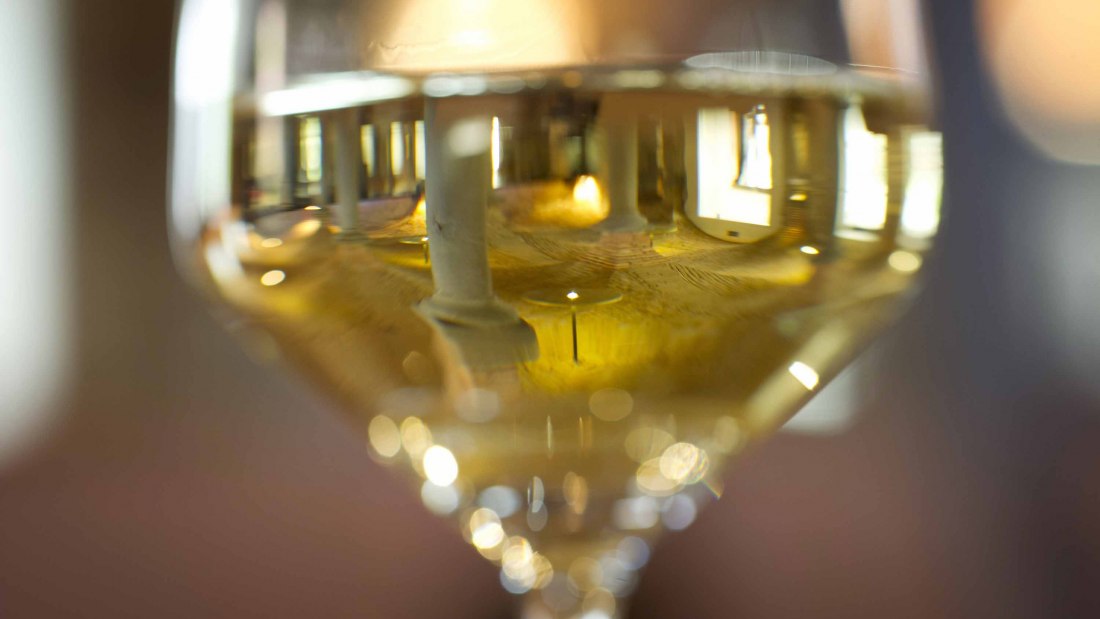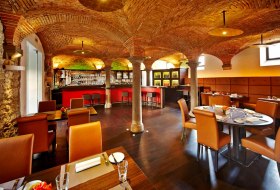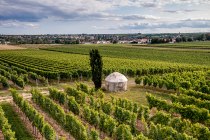SPIESS WINE MAKER - Haus Eichrodt
The Soiess wine growing family has their estate in the middle of Osthofen. This is where winegrowing and hospitality are combined, as the flagship of the Spiess family is the restaurant with wine bar "Vis à Vis".
Vineyards are cultivated in the best known locations of Osthofen and the surrounding area. The winemaker in the house, Burkhard Spieß, consciously concentrates on only a few selected wines of high quality, from grape varieties that are at home here and harmonize with our soils. They are real Rheinhessen, honest and authentic.
German and English are spoken on the estate.












